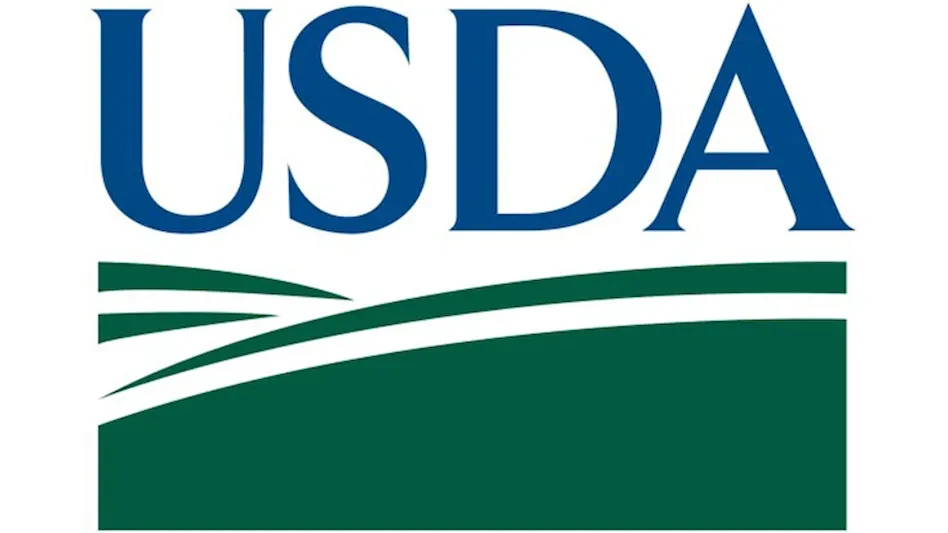As you look to improve your operation, you may wonder about what best-in-class operations are doing. There are many key inputs to a successful operation, including establishing a food safety culture, providing education in addition to training, and keeping current with the latest customer and regulatory requirements. One specific habit that best-in-class operations use is outside resources to improve their operations.
Many of these resources are right under your nose. The best examples include your contracted pest control provider, your sanitation chemical supplier, and, of course, your audit firm.
Successful food companies have excellent communication with external contractors, such as their pest control providers. This two-way communication is typically face to face with an expectation for continuous improvement. Although records are required for documenting findings and recommendations, having an in-person conversation is more impactful. Think about the service report left behind by your pest control technician. What recommendations are included in that report? Does it recommend removing overgrown vegetation, moving pallets of ingredients away from the wall in the raw material warehouse, or cleaning the re-coup area? All of these recommendations are proactive measures that can be taken to improve your pest management program and prevent repeat findings. A service report often will list these items as tasks, but when framed up in a conversation about the problems they will prevent, their deeper value is seen, which improves the likelihood of action, both corrective and preventive.
Think about the last time there was pest activity in your facility and your pest control contractor provided service to eradicate the pest. Did you have a conversation about the root causes of the activity and what can be done to prevent recurrence? Your pest control technician can provide you with this information. Each different pest is a symptom of a different problem. Your technician will be able to interpret the meaning of the pest prevalence. For example, he or she can tell you if the issue is related to moisture, stock rotation, dirty drains, ineffective barriers, etc. Treating for the pest and not the root cause is only addressing the symptom. Getting to the root cause is always the best approach to prevent recurrence.
Sanitation is one of the most important programs in your food operation. If you can find ways to be more effective and more efficient, that would be a big win. Your sanitation chemical supplier is an outstanding resource for this. Not only can they sell you chemicals and provide safety training, they can share best practices on a wide range of topics. They can help you develop easy-to-follow, written procedures with visual aids and in-plant training for those procedures. They can provide recommendations for the organization of your sanitation cage, including carts, tools, chemicals, and personal protective equipment. They are also up to speed on the latest technology and are willing to share their insights for improving effectiveness and cost savings.
Finally, think about your food safety auditor. He or she is part of an organization that collectively goes into tens of thousands of food facilities around the world each year. Tremendous experience and “best practices” have been picked up along the way and are often readily available if requested. Think of your audit firm as a resource for possible solutions to everyday and unusual problems you are facing. If you have ever said to yourself, “There must be a better way,” reach out to someone who may have seen a better practice in place.
Depending on the type of audit being provided, your auditor may not be allowed to provide recommendations, such as in an accredited GFSI audit. However, there are independent experts and consultants who can provide valuable guidance on program improvement.
In addition to those discussed above, consider universities, trade associations, suppliers, and your contract laboratory as other key resources that want to partner with you for your success. In most of the examples provided here, there is no extra cost involved. Pick up the phone today (or send an email) and ask your contacts what assistance they can provide you. You generally will be pleasantly surprised and on your way to best-in-class status.
The author is Vice President, Food Safety Services Innovation, AIB International.
Latest from Quality Assurance & Food Safety
- Insects Limited Announces Leadership Changes, Promotions for Continued Growth
- ReposiTrak Welcomes 50 New Produce Suppliers to Food Traceability Network
- First Bird Flu Death Reported in United States
- FDA Issues Final Guidance on Action Levels for Lead in Processed Food Intended for Babies, Young Children
- Penn State Offers Course to Assist Food Processors in Controlling Listeria
- Tanzania Embraces One Health Approach to Enhance Food Safety and Trade
- FDA Releases Allergen, Food Safety and Plant-Based Alternative Labeling Guidance
- Bird Flu Suspected in Some Ohio Waterfowl





